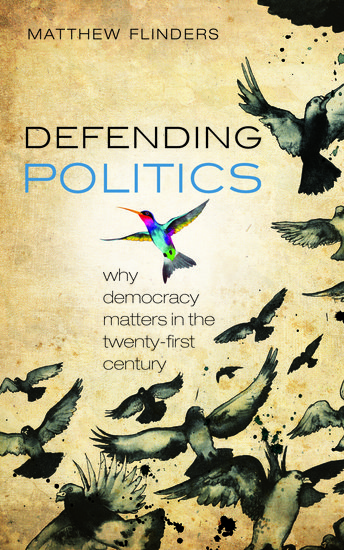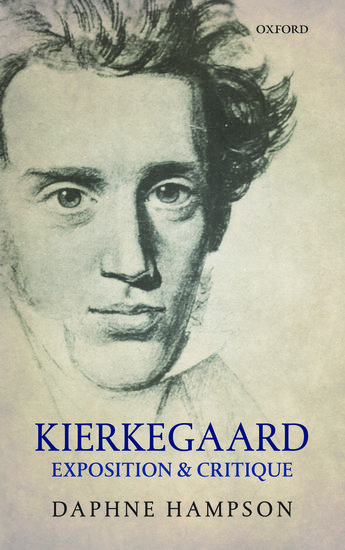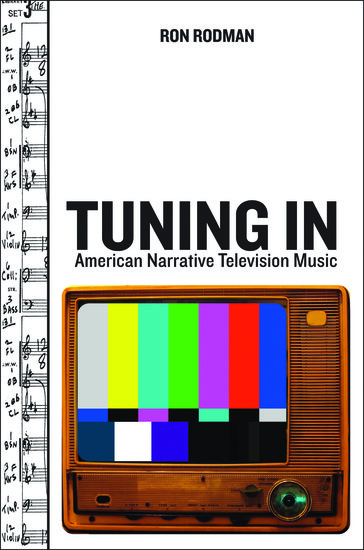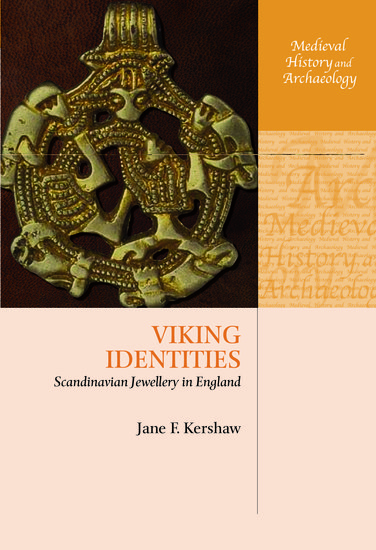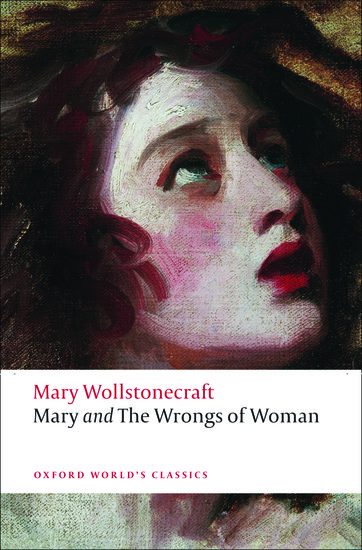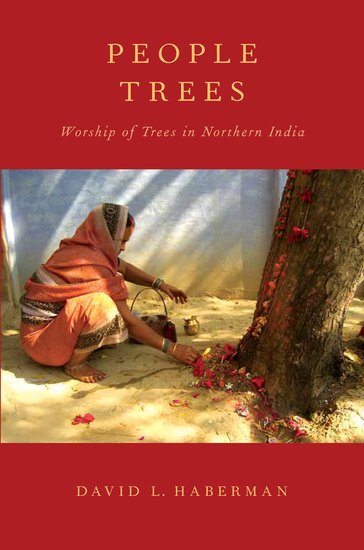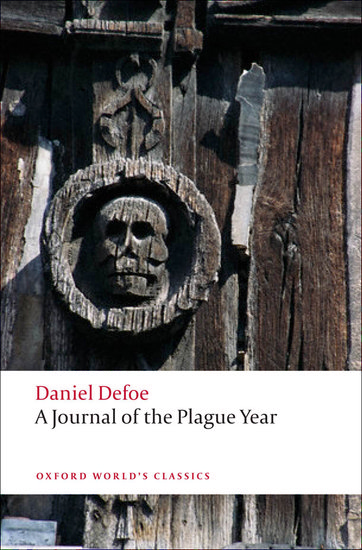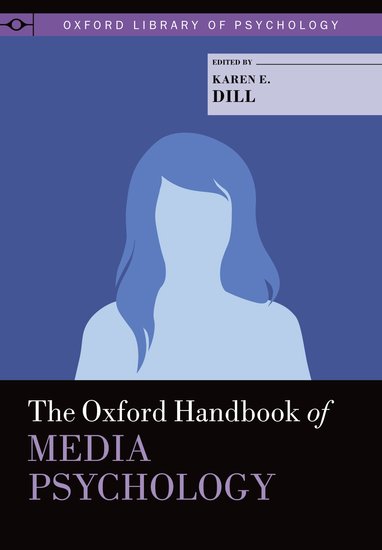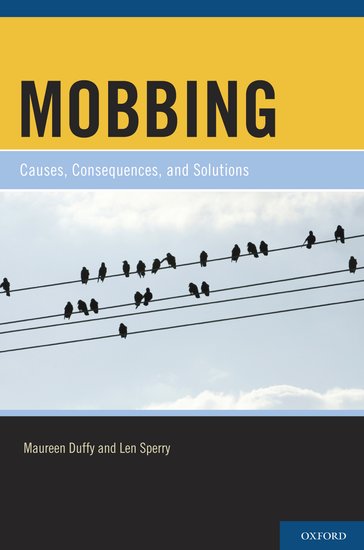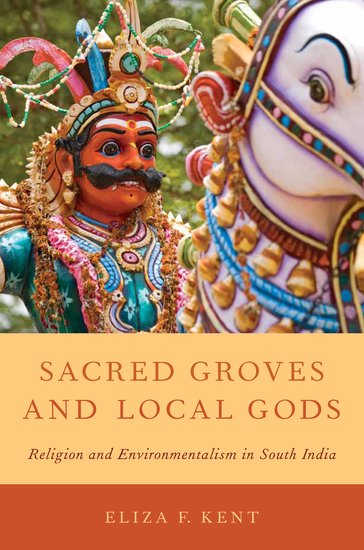Gleanings from Dickens
By Anatoly Liberman
Some time ago I read Sidney P. Moss’s 1984 book Charles Dickens’ Quarrel with America. Those who remember Martin Cuzzlewit and the last chapter of American Notes must have a good idea of the “quarrel.” However, this post is, naturally, not on the book or on Dickens’s nice statement: “I have to go to America—on my way to the Devil” (this statement is used as an epigraph to Moss’s work).

